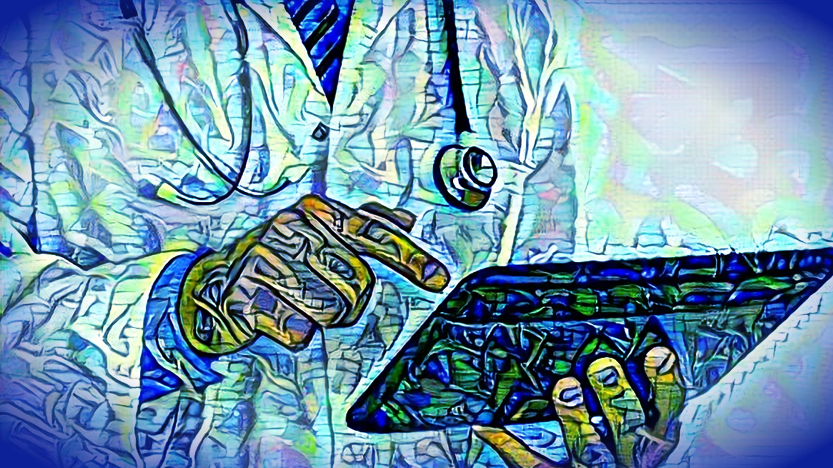Medicine
Peter Thiel famously stated, "We wanted flying cars, instead we got 140 characters," commenting on the tendency of the tech industry to go after the lowest hanging fruit. In the next few years though the healthcare industry is about to be radically transformed by technology.
The tech sector gets a lot of flak for doing what many people consider to be frivolous business, like creating time-wasting apps and games or funding startups before they even release a product. However, if there is one area where the hype is not overblown, it is the intersection of tech and modern healthcare. Everything from the collection and use of patient data to communication, diagnosis, and care delivery is due to undergo significant changes over the next several years.
Collaborative Tools
The Affordable Care Act, commonly called “Obamacare”, mandates that care providers need to start making use of electronic medical records. These can be more dynamic, more detailed, and more shareable than paper records. Imagine that a person receives medical imaging to test for a particular type of cancer. Their primary physician can then share the test results with an oncologist instantly—no need to fax anything or wait for a delivery service. This will promote better collaboration among doctors across specializations, unifying care teams.Related articles
Improved Monitoring
Electronic medical records can do far more than just store test results. Eventually, they can actively monitor important signals like vital signs, weight, and so on. Imagine a scale or exercise accessory linked to your medical records. Your doctor would have far better information about your baseline health than your annual physical could ever provide. This would also allow your doctor to see when some indicator moves outside its normal range, potentially signaling illness. The use of electronic medical records has prompted a rise in health information management careers, as trained experts are needed to work with and manage these. These improved record-keeping and monitoring techniques have improved the lives of countless patients and will hopefully only continue to do so in the future.Data Mining
On the muscular side of tech, health care has a tendency to generate lots of data. Tech is developing new tools that can analyze big datasets and come up with meaningful insights. For example, machine learning techniques can help researchers scan millions of cases to see if there are any undiscovered signs of cancer that might help doctors catch and diagnose it earlier.While in many ways tech is an immature industry, the huge number of tools for communication and analysis that have come out of the last few years of work have already had an impact on the way doctors talk and think. This is just the beginning. As electronic medical records become the dominant form of data storage, that will open up even more opportunities to link into tech concepts like the Internet of Things and big data, creating a completely new health care experience. Your relationship with your doctors will never be the same.| By Emma Sturgis | Embed |
About the Author: Author Bio - Emma is a freelance writer currently living in Boston, MA. She writes most often on education and technology. When not writing, she enjoys watching old movies and indoor rock climbing. Questions? Say hi on Twitter @EmmaSturgis2




0 comments:
Post a Comment